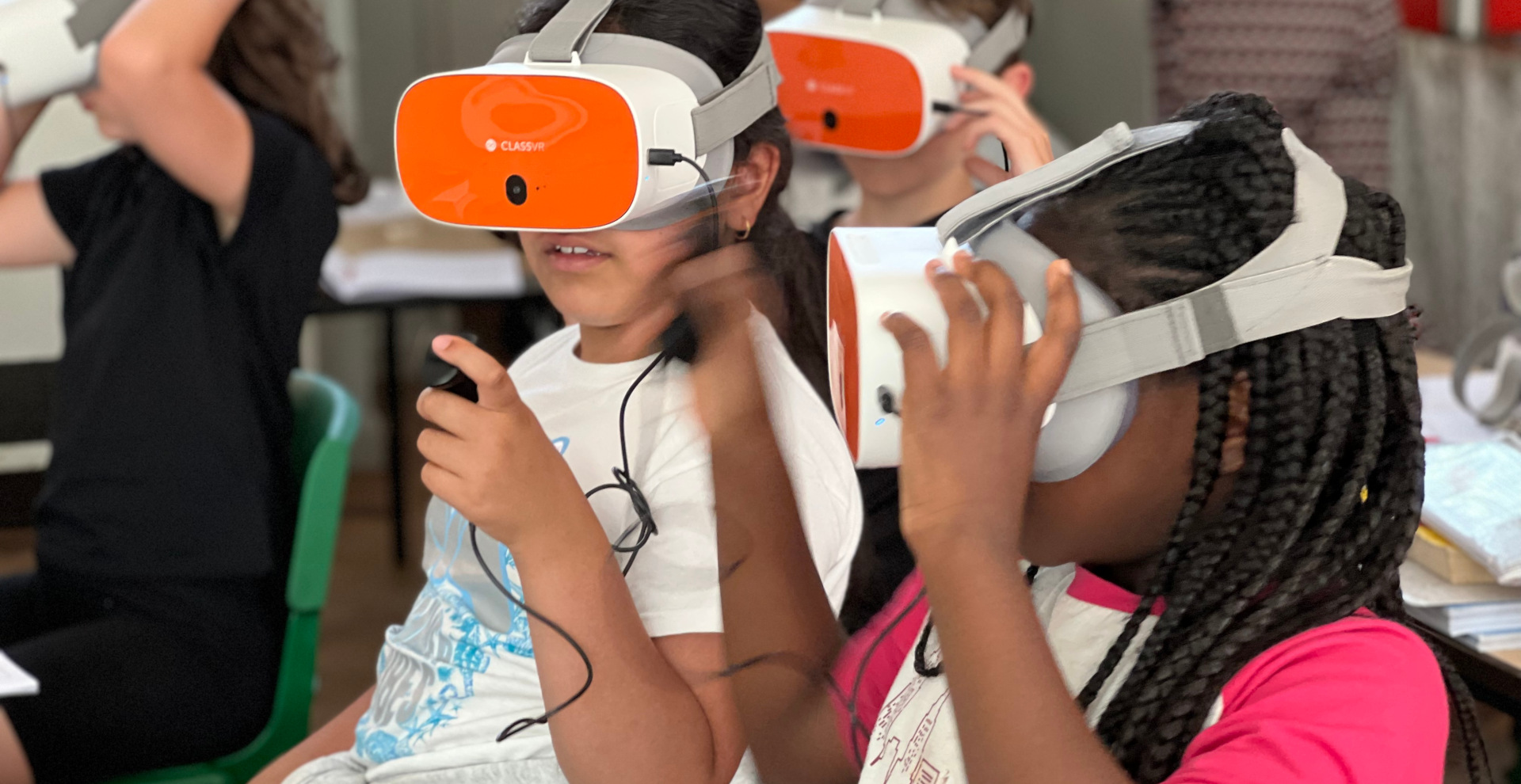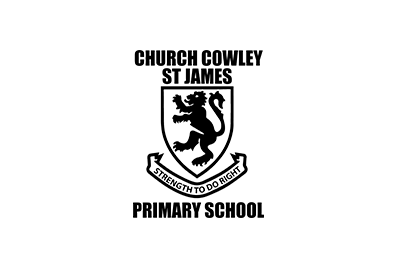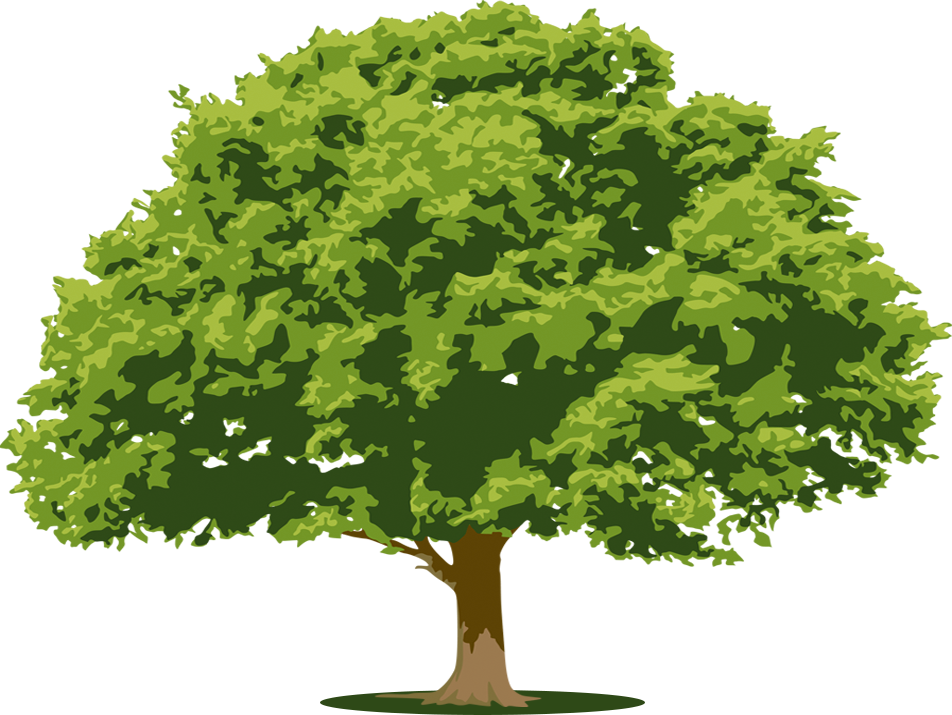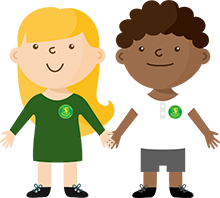Computing
The future of the world is unpredictable, and it is difficult to anticipate what children will need when they are adults to be successful in society. One apparent thing is that the future will likely be dominated by technology in social and occupational terms. Because of this, we value the use of technology - not only through enhancing children's learning today but by looking at emerging technologies to future-proof children's skills for their careers in the future.
We want children to be creators of technology and not just consumers.
To do this, we have created an aspirational computing curriculum, embedded in their learning across the curriculum. It gives them the skills to try new things, be creative and take a 'computational thinking' approach to problem-solving.
Our curriculum is developed in three key areas of knowledge:
Information Technology
This is the creative side to content production, from stop-motion animation using iPads, digital art and photography, short film and presentation using our Green Screen studio, to eBook and website design. All of these skills look at how we can apply creativity to modern forms of content presentation and how these formats enhance the quality and application of their learning.
Digital Literacy
This strand focuses on supporting children to be safe online, to know and mitigate the risks involved. We develop children's critical thinking to be aware of bias in the media and what they see online, considering why content has been created and the purpose of its viewpoint. Every class studies an aspect of online safety each year, looking at the SMART Rules, recognising what is safe and what is not, and what to do if they feel safe online. We also look at how to ensure technology and social media does not take over our lives and how to develop healthy online habits.
Computer Science
We develop children's skills in coding early on, initially looking at computational thinking and how to apply algorithms to solve real-life problems before applying that to programming toys such as BeeBots. In Key Stage 2 we use Scratch to develop children's understanding of code, applying this to specific tasks with 3D printers, digital art app KODU, and VEXGo, a robotics design kit in which children build and code their robots for specific tasks.
ccsj computing long term plan.pdf
Virtual Reality
 We use VR Headsets across our school in lots of different ways. It provides children with an opportunity to gain first-hand experiences they would otherwise not be able to obtain, and this provides them with a much more detailed understanding of the concepts they are covering.
We use VR Headsets across our school in lots of different ways. It provides children with an opportunity to gain first-hand experiences they would otherwise not be able to obtain, and this provides them with a much more detailed understanding of the concepts they are covering.
When we go on trips, we bring our 360° camera, and these images and videos can be added so children can revisit the learning they had on the day or look at specific details in more depth.
We have playlists of 360° movies and images, explorable scenes and even the opportunity to hold 3D objects in their hands using VR Cubes. It all creates a much more fun and in-depth learning experience.


